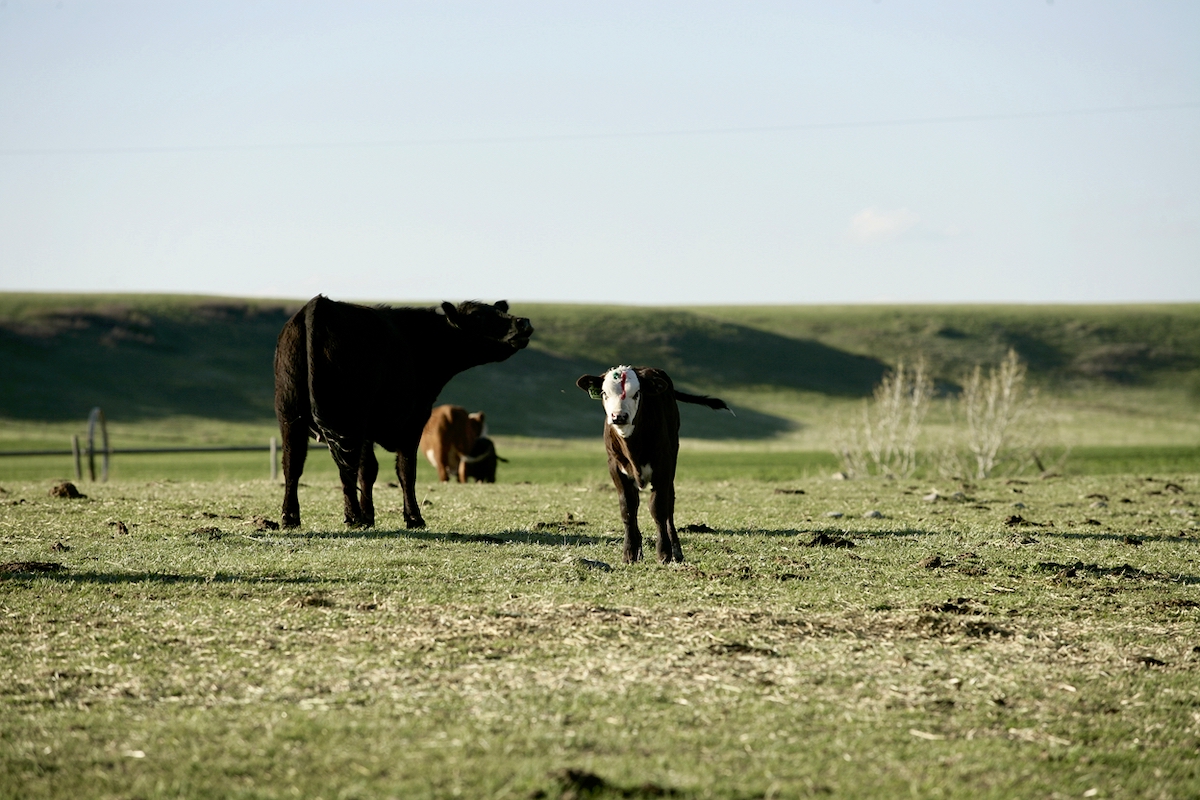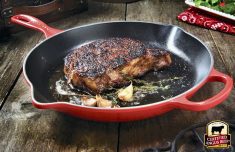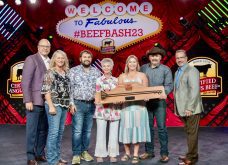Consumers in the U.S. and Canada increasingly want to know how their food is produced. As far as beef is concerned, they want to know how animals are cared for, they want guarantees that beef is safe and that it has been produced in an environmentally sustainable way. Until now, the beef industries in both countries have done a poor job in making beef production more “transparent.” Some branded beef programs offer this but they are tiny. Beef industry detractors have used the lack of transparency as a weapon to attack beef eating.
Read Also

Body condition, nutrition and vaccination for brood cows
One of the remarkable events of the past century related to ranching has been the genetic evolution of brood cows….
However, a brand new partnership between Tyson Foods and the largest feedlot co-operative in the U.S. is about to change all this. They have joined forces to offer the U.S. beef industry’s first ever program that gives consumers key assurances about the beef they eat. The program has the potential to reshape the entire industry.
Tyson Fresh Meats has just become the first beef processor to license the Progressive Beef program, a cattle management and sustainability program for feedlot operators. It is the largest ever cattle sustainability program. More than one million cattle are currently cared for annually through the program at certified feedyards that are primarily located in the Midwest and Pacific Northwest. The Progressive Beef program helps heighten accountability and transparency through a verification system that involves USDA-approved auditors, says Tyson. The feedlots certified in the program focus efforts in three areas: cattle care, food safety and environmental sustainability. They are verified twice a year.
The program’s driving force has been feedlot co-operative the Beef Marketing Group (BMG), based in Manhattan, Kansas. It designed the program in 2000 and has grown it into a quality management systems approach to beef production with the goal of bringing transparency and verification to consumers. BMG offshoot Progressive Beef, LLC developed and currently manages the program. The BMG has eight feedlot owners and has 325,000 head of feeding capacity in 18 feedlots in Kansas and Nebraska. Not in the group but in the Progressive Beef program are several other feedlot operators. Their combined feeding capacity is 400,000.
Tyson and the BMG are keen to see many more feedlots join the Progressive Beef program. They want the program to be widely adopted for the good of the beef industry and its long-term profitability. Tyson, in fact, decided to license the program rather than buy it so that feedlot operators would not see it as a packer program, says Tyson Fresh Meats president Steve Stouffer.
Tyson will offer Progressive Beef (PB) beef to all its customers at retail, food-service and overseas. It knows that some of its largest customers are very interested in the program. Once Tyson has customers ready to use the PB label, it will start segregating program-certified cattle from feedlots all the way through its plants. This will mean another sort through the plants and its coolers. The PB label will apply to every single part of an animal, including hides.
Tyson currently harvests most of the one million head in the program. That’s out of 6.760 million head it processed in fiscal 2017. It is so convinced about the program’s importance to the industry that its goal is to buy two million program cattle in the first year and 50 per cent of all its cattle under the program after three years. Both Tyson and the BMG hope this will spur a huge uptake of the program so that PB beef will become the norm not the exception. In fact, Tyson hopes PB beef will quickly become a commodity.
















